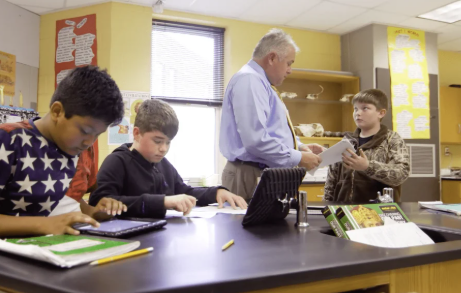Personalized learning can bring history to life by connecting students to the past in ways that reflect their interests, backgrounds, and learning styles. In history classes, where content spans cultures, centuries, and perspectives, personalization offers opportunities to make learning more relevant, inclusive, and engaging. By giving students more control over their learning journey, educators can deepen understanding and foster a lasting appreciation for historical inquiry.
Enhancing Engagement Through Choice
One of the biggest advantages of personalized learning in history is the ability to offer students choice:
- Topic Selection: Students can choose historical themes, figures, or events that resonate with their personal or cultural interests.
- Project Formats: Learners may express their understanding through essays, podcasts, presentations, artwork, or debates.
- Learning Pathways: Flexible pacing allows students to explore complex topics at their own speed and revisit material as needed.
Promoting Critical Thinking and Inquiry
History is rooted in analysis, interpretation, and perspective. Personalized learning supports these skills by encouraging:
- Student-led research questions
- Exploration of primary sources
- Comparative analysis of historical viewpoints
This active engagement leads to a deeper and more nuanced understanding of history.
Addressing Diverse Learning Needs
Not all students learn the same way or at the same pace. Personalized instruction in history classes can:
- Differentiate texts and resources to match reading levels
- Incorporate multimedia tools to support visual and auditory learners
- Provide scaffolding and extensions as needed to ensure access for all
Making History Relevant and Inclusive
Personalized learning encourages students to see themselves in history. When given the opportunity, learners can:
- Research untold stories or underrepresented perspectives
- Connect past events to current social, cultural, or civic issues
- Reflect on how historical decisions impact today’s world
This relevance builds empathy, curiosity, and civic awareness.
Encouraging Ownership and Lifelong Learning
When students have a voice in what and how they learn, they’re more likely to:
- Take initiative and responsibility
- Persevere through challenging content
- Develop a genuine interest in history beyond the classroom
Conclusion
Personalized learning enriches history education by making it more student-centered, inclusive, and intellectually stimulating. By honoring diverse interests and learning preferences, history teachers can cultivate engaged thinkers who not only understand the past but are prepared to shape the future with knowledge and insight.













